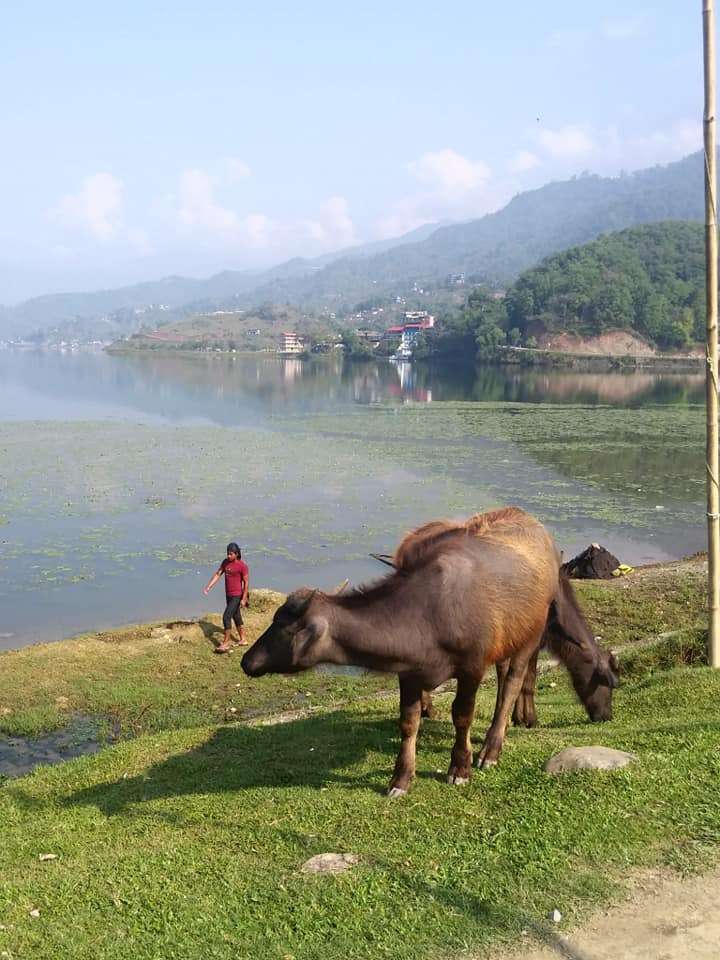
In this interview, we sat down with David Kahan, Team Leader for the EU-funded Technical Cooperation Facility (TCF) to the Agriculture Development Strategy (ADS) project in Nepal, implemented by DT Global, to get his insights on the country and program. The ADS program implements activities to reduce poverty, improve food and nutrition security, and to build climate resilience in the country. The program also works to improve the competitiveness of the agriculture sector, generating higher and more equitable income in rural areas of Nepal.
In general, the main challenge is governance. More precisely, the development of agricultural policies and institutions for the new federal system. Since the COVID-19 outbreak, the issues we are mainly facing are market falls in GDP as a result of reduced remittances. Economic growth will become stagnate at 2.5-3%, as opposed to earlier estimation of about 7%, for the next fiscal years. This will have an increase in food insecurity amongst the marginal farm households of the rural areas.
In the Nepalese context, the broader agriculture sector includes mainly cereal, as well as living off the livestock and fisheries sectors. At present, said sectors- inter alia- are met with specific problems, such as inadequate technical human resources at municipality level. Presently, and due to the prolonged lockdown, the supply chain of production from the rural areas has been disrupted due to the limited mobility of both vehicles and workers. Furthermore, the livestock and poultry sector have been hit hard due to the low supply of feeds and the closure of sales’ outlets. Even after returning to a more normal situation, it is estimated that it will take more time for agricultural activities to return to normal. We understand that the Government of Nepal is going to prepare a multi-pronged strategy for mitigating the situation in the agriculture sector post-COVID 19 with a series of phases that will deal with short, medium, and long-term actions.
We have staff in all provinces supporting the provincial governments to formulate policies related with agriculture and agribusiness development. Similarly, the project is going to support the federal ministry on developing the capacity of policy analyses through the application of statistical and econometric tools.
Since climate issue is a cross cutting issue and crucially important for agriculture, we provide evidence-based advice to the Ministries through Agriculture Development Strategy experts to prepare the plans and programs that are sensitive to climate change and mitigation strategies. In addition, the project has supported the formulation of and organic agriculture policy and action in some provinces which in turn contributes to green economy.
There have been several achievements. We have provided capacity development of provincial and local level staff in agricultural planning and also in Monitoring and Evaluation. There has also been policy support for key issues identified by the Agricultural Development Strategy – for example extension and research, rice production, and importation or seed production.